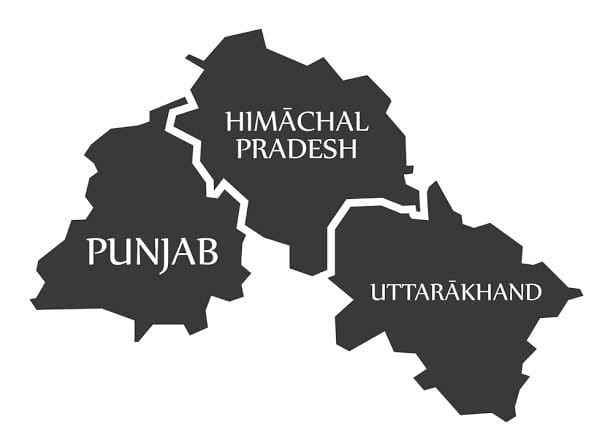In a crucial observation, the Supreme Court has emphasized that a Governor does not possess the authority to withhold assent to key bills passed by a State Legislature. This statement came in response to a writ petition filed by the Punjab Government, which expressed concern over the Governor’s refusal to pass bills on the grounds of the special assembly sitting being “patently illegal.”
The Punjab government filed the writ petition, contending that the Governor had held back essential bills passed during a special sitting of the Budget Session of the Vidhan Sabha.
The Governor’s refusal was based on the assertion that the special assembly sitting, in which the bills were passed in June, was deemed “patently illegal” as the Speaker of the Punjab assembly had adjourned the Budget Session sine die without proroguing it. In parliamentary democracy, real power resides with the elected representatives of the people.
The Supreme Court clarified that while the Governor has the authority to either assent to bills, withhold assent and send them back for reconsideration, or refer them to the President, they cannot simply sit on bills passed by a State Legislature.
The court emphasized the inherent right of each House of the Legislature to regulate its own proceedings. The Speaker, recognized as the guardian of the privilege of the House and a constitutionally acknowledged authority representing the House, acted within jurisdiction by adjourning the House sine die.
However, the court cautioned that the Speaker’s jurisdiction to adjourn sine die should not be exploited to keep the House in perpetual session. The Governor, according to the court, possesses the right to address and send messages, summon, prorogue, and dissolve the State Legislature. These powers are formal, and the Governor’s use of these powers must align with the advice of the Council of Ministers led by the Chief Minister.
Quoting relevant constitutional provisions, the court noted that under Article 200, the Governor may assent, withhold assent, or reserve the Bill for the President’s consideration. In cases where a Bill is reserved for the President’s consideration, Article 201 stipulates that the President must declare either assent or withholding of assent. However, it’s crucial to note that these provisions are not applicable to Money Bills, which are defined in Article 110 of the Indian Constitution and require the Governor’s prior approval for introduction.
The court’s pronouncement underscores the constitutional balance of powers and reinforces the principle that executive authority must be exercised in accordance with established legal norms.

